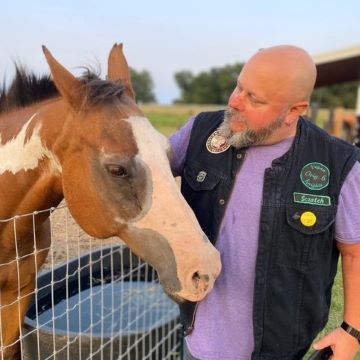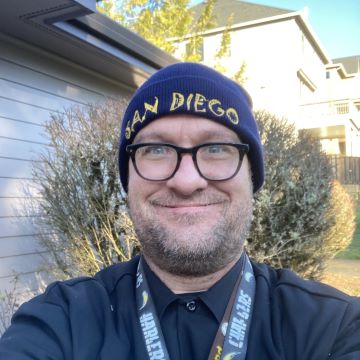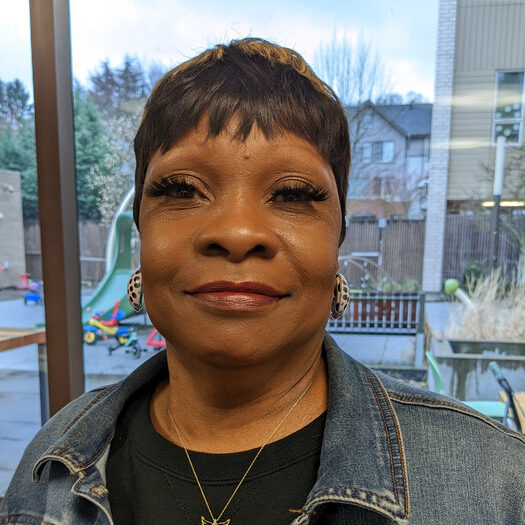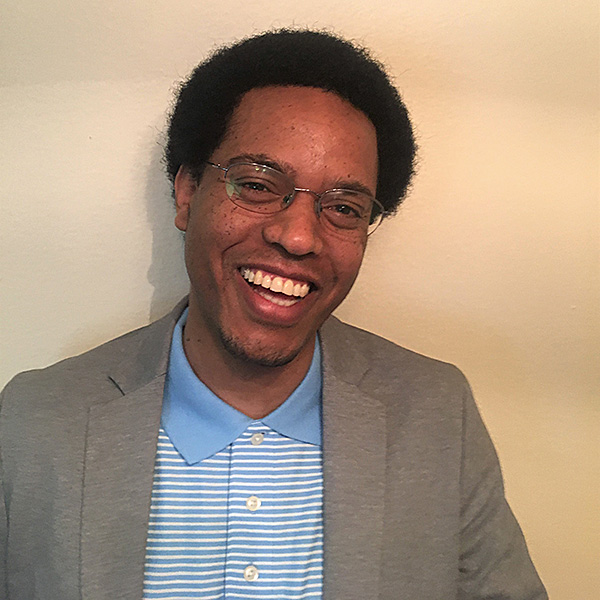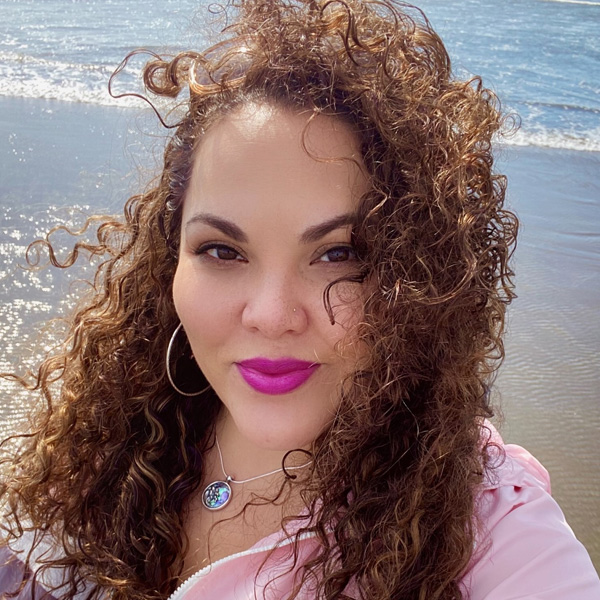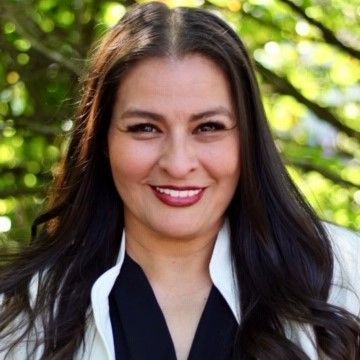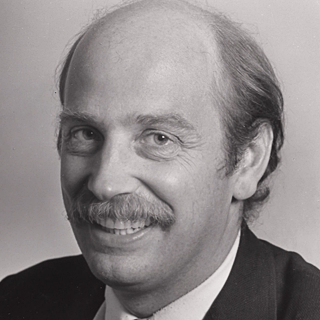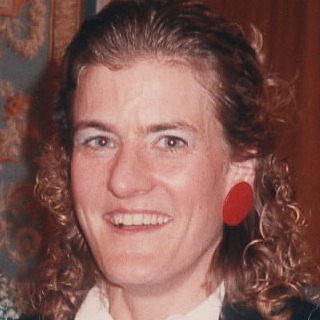Learn more about our workplace culture, benefits, and open positions.
Life at LifeWorks NW
60th Anniversary: Dr. Gary Dombroff
May 26, 2021
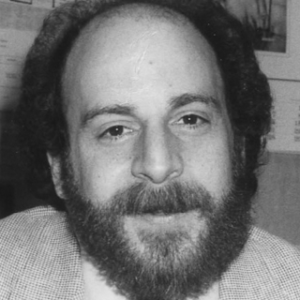
As part of LifeWorks NW’s 60th Anniversary Celebration, we are highlighting just a few of the many valued leaders who have shaped our organization and our community.
More than 40 years ago, a young man with bushy brown hair, a red beard and a passion for helping others came to lead what was then Tualatin Valley Mental Health Center, in Washington County. Now, as part of LifeWorks NW’s 60th Anniversary celebration, Gary Dombroff, Ph.D., our executive director/CEO from 1980 to 1990, shared memories of the agency when it had about 25 staff members in two buildings.
“When I first arrived, I was just 30 years old,” said Dr. Dombroff. “I came into very conservative Washington County; the board of directors was all kind of Washington County royalty. I was this young man with—believe it or not—an amazingly huge head of hair, very curly. I had a fro and a full beard and that was quite an adjustment for some of the folks when I first arrived—getting used to me and my appearance. And over the 10 years I was there, I managed to lose all that hair.”
Prior to joining us as CEO, Gary had been a branch manager for Morrison Child & Family Services.
“The new job was a big career break for me,” said Gary. “A great opportunity; it was a coveted position among my peers.”
Over his 10 years leading the organization, Gary said we increased operating size about 10 times. It started at roughly $500,000 and was about $5 million when he left. The staff increased to around 150. We were still doing mental health and addiction services but for more diverse populations.
Asked about the advancements he saw during that decade, Gary said that an early project was our Adolescent Day Treatment Program.
“It was a new model at the time,” said Gary. “The school districts were struggling with kids who had serious behavioral difficulties, having trouble accommodating them in regular classrooms. So we set up a special treatment-focused program at the Cornell Road location, at first in a trailer on the lawn and later in an annex we fund-raised to build. We were very small back in the day. When I came we had only two locations, including the Open Gate program in Hillsboro. So this was our first expansion—adding a trailer with some rowdy kids. It was very exciting.
“We also developed a Pre-Doctoral Clinical Internship for psychologists, later approved by the American Psychological Association (APA). I’m a psychologist and was very excited to do that. We had five interns each year, and that lasted 10 or 12 years. Staff evolved over time, so it wasn’t so psychologist-heavy. But it was an important accomplishment for the organization at the time.”
Gary shared that the psychiatric rehabilitation program in Hillsboro, then called Open Gate, was in operation when he arrived. Under the leadership of Peter Freedman (later to become associate executive director), they were able to expand the space and build a sheltered workshop operation. Clients who were getting day treatment then also had opportunities for employment.
“We also built our first outpatient branch in Tigard—so that was a big expansion for us.”
There was also an expansion of the original Cornell Road site, which at the time Gary arrived was just the front half of the building. By enlarging it, the back could be dedicated to administration and the front could all be used for clinical activities and group programs for kids, adults, seniors, and the chemical dependency program.
A fun part of the Cornell Road (now called Cedar Mill) conversation demonstrated the differences 40 years can make. Ryan Smythe, LifeWorks NW’s graphics designer and a child during the years Gary led the agency, told Gary how much he liked the Cedar Mill architecture. Ryan likes it because to him it has a retro vibe. Gary said in his day it was considered very modern.
Gary also shared that in those days many members of the staff, including him, smoked heavily indoors.
“This was a terrible plight for the other staff [who didn’t smoke],” said Gary. “They would walk down the hall and there would be this cloud of thick smoke that they needed to pass through to come near my office. That was just routine in those days, like before wearing seatbelts. Fortunately, I quit that before leaving, but before that, they also kicked me outside to smoke–which I approved. It was awful, a terrible smell, but that was the way things were in the 80s.”
During Gary’s time at the agency, he approved the hire of Mary Monnat, our current CEO.
“Mary Monnat came on as a bright-eyed young chemical dependency counselor and moved forward to become the program director. Not too many years after I left she took the helm and has been doing amazing work.”
According to Gary, since his years at the agency, the scope has enhanced incredibly.
“We were restricted at the time to only providing care to Washington County,” said Gary. “That has changed and opened up the door for development more broadly.
“I’m terribly proud of all the work the organization did. We had a tremendous staff. Everyone was on a mission, really wanting to do good. People made sacrifices in order to be a part of the team, but it was very intimate and very exciting, and I think that over the time I was there we did make some important contributions to helping people in our communities. And Mary has only taken that by the hand and led it feverishly into the future. I couldn’t be more proud of her and her people and all the work that they are now doing. It’s a great legacy and I’m excited about that.
“I want to leave a message for the current staff, as well as my own. They should know that they really are heroes, not only during the pandemic but every day with the work that they do in an organization like LifeWorks [NW]. They should feel very proud of themselves.”



